 Building on the success of the last two years, the Wellcome Trust are pleased to announce the launch of the Wellcome Trust Science Writing Prize 2013. This is your opportunity to join the next generation of science writers.
Building on the success of the last two years, the Wellcome Trust are pleased to announce the launch of the Wellcome Trust Science Writing Prize 2013. This is your opportunity to join the next generation of science writers.
We are looking for short articles that address any area of science and would be suitable for publication in the ‘Guardian’ or the ‘Observer’ in print and online. You must demonstrate that you have thought about and understood your audience and can bring a scientific idea to life.
The deadline for entries is 28 April 2013.
The judges are looking for originality, bright ideas and a distinctive writing style. Your 800-word article should show a passion for science and encourage the general public to consider, question and debate the key issues in science and society.
Last year’s winners
- In category A (professional scientists of postgraduate level and above): Adam Kucharski, ‘In need of a number’.
- In category B (anyone else with a non-professional interest in science, including undergraduates): Cassie Barton, ‘The smell of music’.
- Catherine Hess was highly commended in category A for her piece ‘As easy as riding a bicycle?’
Categories
You must be a non-published* writer based in the UK or RoI and can enter in either of two categories, with the winner of each receiving a prize:
a) professional scientists of postgraduate level and above
b) anyone else with a non-professional interest in science (this includes undergraduate students).
* By “published” they are referring to professional journalists and authors who already write for money. They welcome entries from bloggers and student journalists.
See frequently asked questions and answers
What you can win
Prizes will be awarded by a panel of judges and will be presented at a prestigious ceremony in October 2013.
The winning articles from each category will be published in the ‘Guardian’ or the ‘Observer’. Winners will also receive a £1000 cash prize.
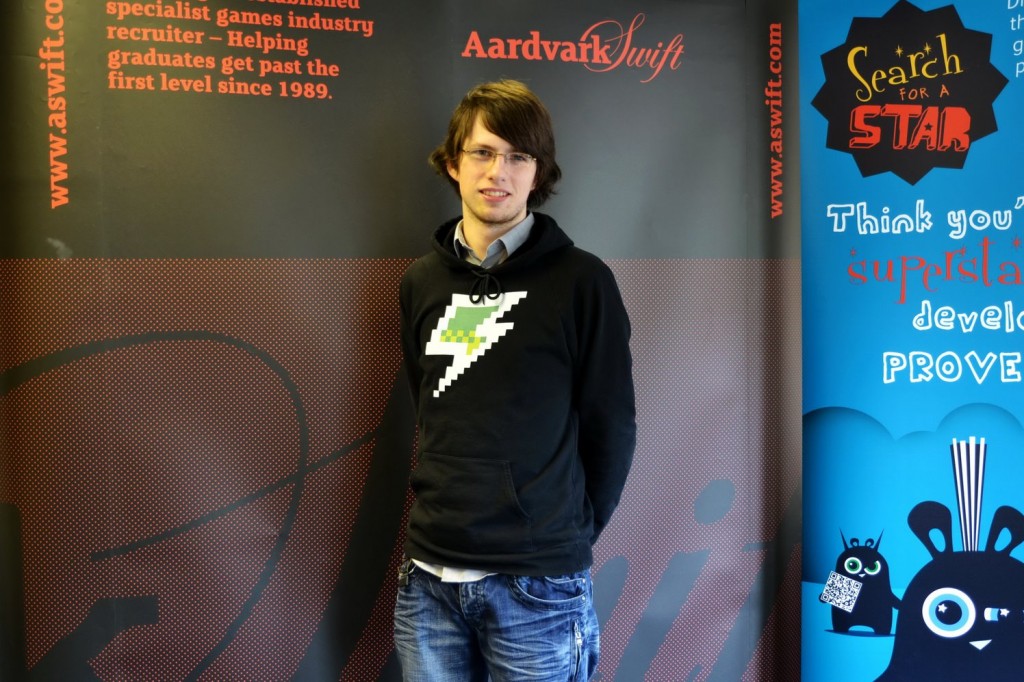
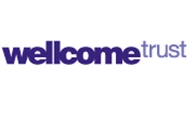
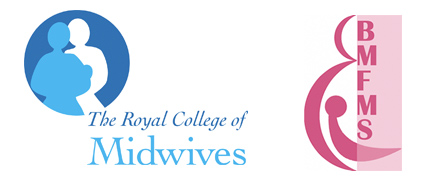

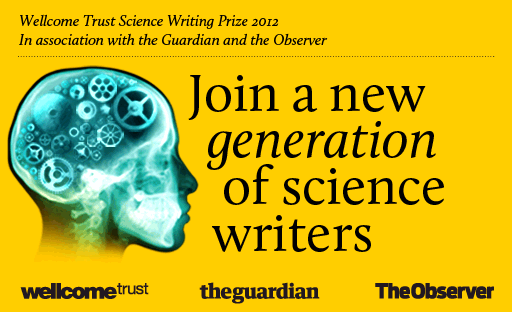
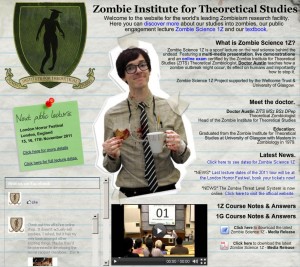

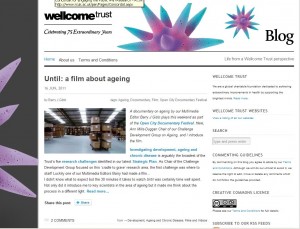
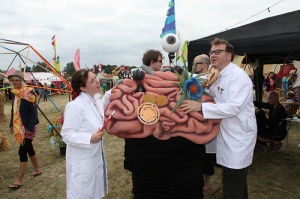 Since 2007
Since 2007 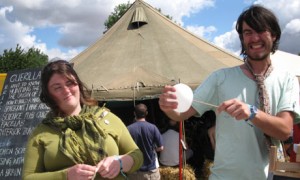 A survey in 2010 demonstrated that ca. 80% weren’t expecting to encounter science at a festival and that many participants said they stumbled across the activities by accident but stayed because they looked fun. In addition 84% said they would ‘definitely take part again’.
A survey in 2010 demonstrated that ca. 80% weren’t expecting to encounter science at a festival and that many participants said they stumbled across the activities by accident but stayed because they looked fun. In addition 84% said they would ‘definitely take part again’.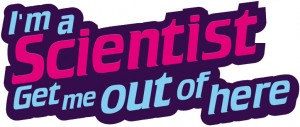











 Nursing Research REF Impact in Nepal
Nursing Research REF Impact in Nepal Fourth INRC Symposium: From Clinical Applications to Neuro-Inspired Computation
Fourth INRC Symposium: From Clinical Applications to Neuro-Inspired Computation ESRC Festival of Social Science 2025 – Reflecting back and looking ahead to 2026
ESRC Festival of Social Science 2025 – Reflecting back and looking ahead to 2026 3C Event: Research Culture, Community & Cookies – Tuesday 13 January 10-11am
3C Event: Research Culture, Community & Cookies – Tuesday 13 January 10-11am Dr. Chloe Casey on Sky News
Dr. Chloe Casey on Sky News ECR Funding Open Call: Research Culture & Community Grant – Application Deadline Friday 12 December
ECR Funding Open Call: Research Culture & Community Grant – Application Deadline Friday 12 December MSCA Postdoctoral Fellowships 2025 Call
MSCA Postdoctoral Fellowships 2025 Call ERC Advanced Grant 2025 Webinar
ERC Advanced Grant 2025 Webinar Horizon Europe Work Programme 2025 Published
Horizon Europe Work Programme 2025 Published Update on UKRO services
Update on UKRO services European research project exploring use of ‘virtual twins’ to better manage metabolic associated fatty liver disease
European research project exploring use of ‘virtual twins’ to better manage metabolic associated fatty liver disease